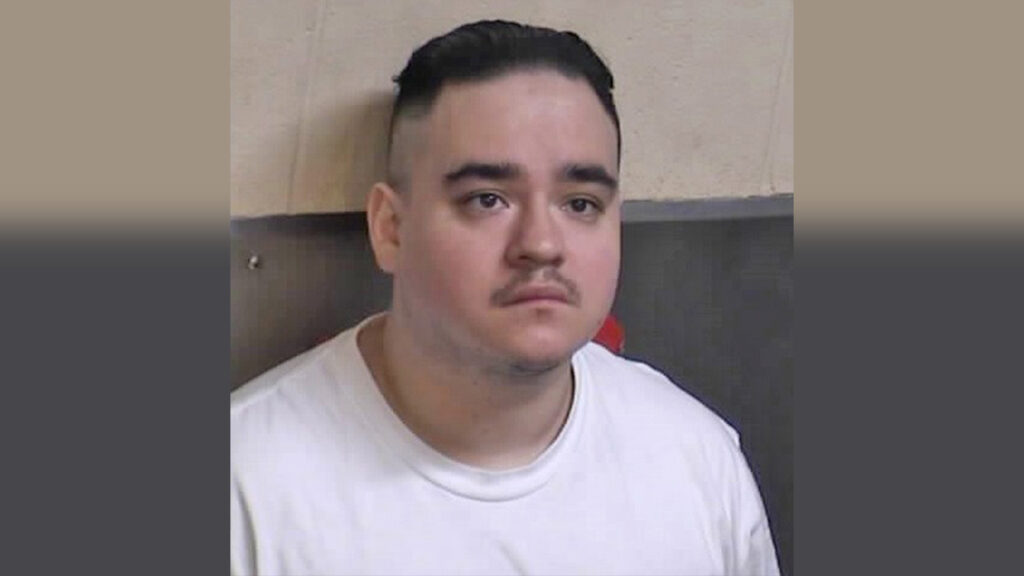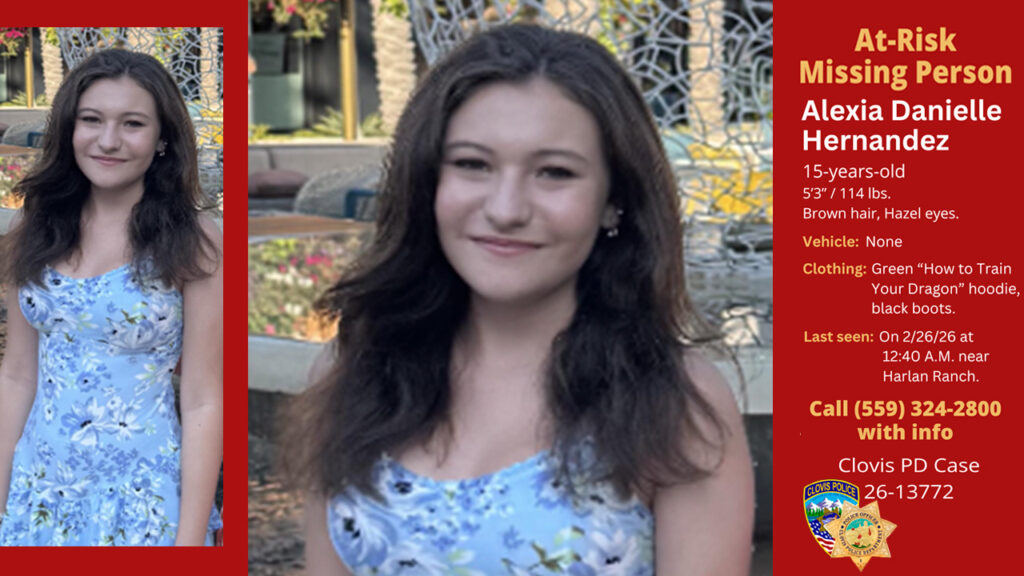Share
|
Getting your Trinity Audio player ready...
|
Fresno Unified administrators outlined at a School Board workshop Thursday the district’s new Literary Initiative that will launch with great fanfare in August and that will aim to have all students reading at grade level by the first grade.

“We have to have the very best reading instruction the first time and we have to be able to assess it regularly and monitor progress, because if we aren’t monitoring progress and then adjusting our instruction, it’s all a big waste.” — Fresno Unified Trustee Susan Wittrup
School Board members then peppered them with questions, but the main one seemed to be: How will the district know if its literacy efforts are paying off?
Bullard Area Trustee Susan Wittrup, one of the three board members who will serve on a task force that will hold its first session on April 27, said her goal would be for Fresno Unified, ranked at 148 out of 285 California school districts by the California Reading Coalition in 2022, to be in the coalition’s top 50 districts.
The California Reading Coalition is an organization of educators, advocates, researchers, and policymakers committed to improved literacy for California students.
The top 10 districts in 2022 include two from Fresno County: Kingsburg Elementary Charter, ranked No. 5, and Clovis Unified, ranked No. 10.
Fresno Unified’s efforts thus far to improve student literacy “stink,” Wittrup said at the workshop. Teachers are using a variety of methods, some more successful and others much less so, she said.
“We have to have the very best reading instruction the first time and we have to be able to assess it regularly and monitor progress, because if we aren’t monitoring progress and then adjusting our instruction, it’s all a big waste,” she said.
Nelson’s Goal: Top Among Comparable Districts
Superintendent Bob Nelson said his goal would be for Fresno Unified to be ranked No. 1 — when compared to schools with similar demographics of high-needs students.
“I’m not trying to hedge around that. But for somebody that has a preponderance of kids in poverty, as measured by how they define major urban school districts, our intent is to be No. 1,” he said.
Only one of the top 10 districts — Lawndale Elementary in Los Angeles County — has a high-needs student rate above 75%. Winton District in Merced County, ranked No. 12, has a high-needs student rate of 95% and 32% English learners. The district has been recognized for the steps it has taken to improve student literacy.
Researchers at the University of Chicago and others who’ve studied the importance of early literacy to educational and life success say that a critical transition takes place during elementary school. They found that until the end of third grade, most students are learning to read. But, beginning in fourth grade, students then switch to “reading to learn.”
Thus, students who have fallen behind in their reading struggle in their other classes and strain to ever catch up.
A Los Angeles Unified program, Primary Promise, has been credited with boosting reading levels among the students in the state’s biggest school district. The program began in 2020 by focusing on 2,500 high-needs first-graders, including English learners, foster and homeless youth, and was expanded in subsequent years.
Nelson told GV Wire for a previous story that he foresees a similar effort for Fresno Unified.
“Last year we had 536 kindergartners who didn’t meet what we would consider to be the baseline expectations for the beginning of first grade. And so I want those kids involved in intervention even while they’re going to school in first grade so that they’re getting one-on-one intervention,” he said. ” … You can’t just send (those) who left kindergarten without these requisite skills and be like, ‘Oh God, I hope you really thrive.’ That’s not going to work, right?”
Expanding Transitional Kindergarten
Fresno Unified will be relying on parents being willing to send their preschool and transitional kindergarten-age students to school, something that the Hispanic community has been reluctant to do in the past, Hoover Area Trustee Claudia Cazares acknowledged. Traditionally, those younger kids stay at home with family members until they enter school.
But as the state has expanded eligibility and funding for transitional kindergarten — by the 2025-26 school year, transitional kindergarten will be open to all 4-year-olds, opening up more of the district’s preschool slots to 3-year-olds — Fresno Unified will be able to develop a literacy curriculum that starts with even younger children.
However, neither transitional kindergarten nor kindergarten are mandatory in California.
The drive to improve literacy will start at preschool and progress through transitional kindergarten, kindergarten, and the primary grades, district staff said.
Not Just Up to Teachers
But the burden of improving literacy won’t fall solely on the shoulders of educators. The success of the Fresno Unified literacy initiative also depends on involvement by parents and the community, they said.
“Everyone owning literacy,” said Teresa Morales-Y0ung, director of teacher development and project manager of the literacy campaign.
The district is shifting its focus to begin academic interventions with students when they are younger, Nelson said. Instead of watching student performance gradually decline as students progress from kindergarten through the third grade, the district will identify and address those learning gaps earlier so that students stay in the “green,” denoting they are performing at or above grade level, he said.
But the district also needs to do a better job of communicating to parents what it means when student performance is identified by the colors green, yellow, and red, Cazares said.
“As a parent, what does that mean? Do I have to spend an hour with them at home, or do I need to make sure the teacher gives him a book (to take) home? Do I need to have a meeting?” she said. “I think that what’s missing with the connection with our parents is, how do the parents interpret and how much the parents understand what that means for their kid’s future.”
Wittrup said she hoped district administrators would spend time in classrooms studying those teachers she identified as “rock stars” in teaching literacy and using them as examples for other teachers to improve their methods.
And she urged the district’s highest-ranking staffers to leave their offices and see firsthand in classrooms how instructors are teaching students how to read, as she has been doing in Bullard region schools since her election in November 2022.
“I want to see classroom visitations from our top admin. I want to see (them) in classrooms looking at reading instruction, because that’s the only way you’re going to know what I know, from seeing it,” she said.
Community Involvement
Board president Veva Islas, who represents the McLane region and will also serve on the literacy task force, said she is hopeful the district will partner with some of the city’s many different organizations to connect with its diverse communities.
Another resource could be the Mexican consulate, which has educational modules for parents who had to leave school as youngsters. Encouraging parents to further their own education and earn a diploma will set an example for their children, she said.
“The more that we can make sure that we’re connecting families to the resources that are outside of us, that support what we want to do, I think would be a tremendous value,” she said.
Parents will be key to the success of the initiative, Fresno Teachers Association Manual Bonilla said.
“One simple thing that I know we could communicate tonight in regards to what every parent could do is ‘Read to your kid tonight, 15 minutes. That’s your homework assignment,'” he said.
Bonilla cautioned the district’s literacy planning committee and task force about placing too much priority on improved test scores as a measurement of literacy improvement or focusing on some topics like phonics to the exclusion of others like whole language.
Literacy is a combination of many parts, each of which is needed to give children the foundation to love reading and to have the skills to be successful in school, he said.
RELATED TOPICS:
Categories

Mac the Cat Is Guaranteed to Spice Up Your Life

Detectives Nab Suspected Fresno Online Predator


















